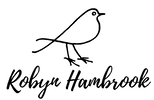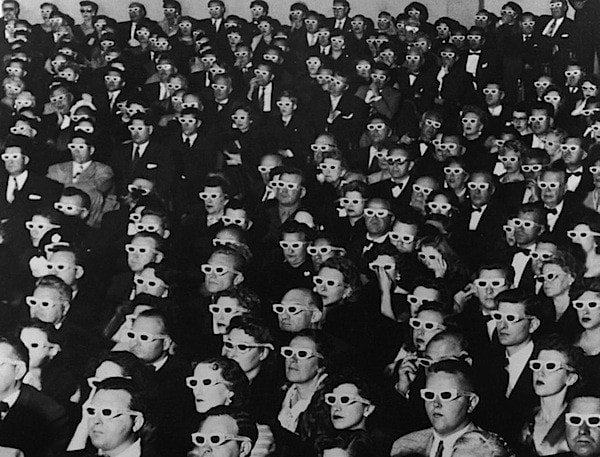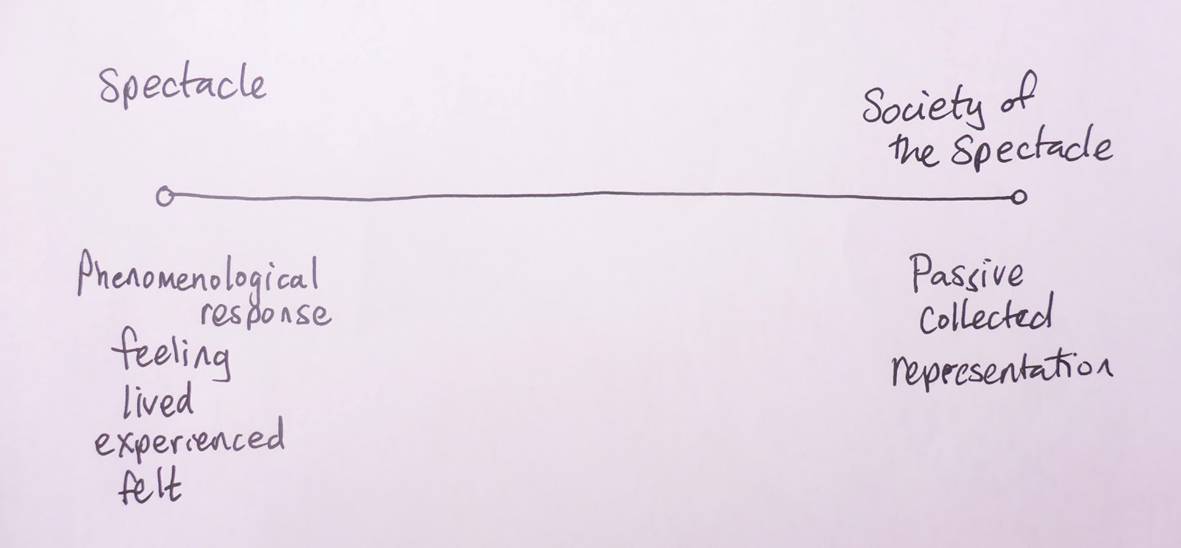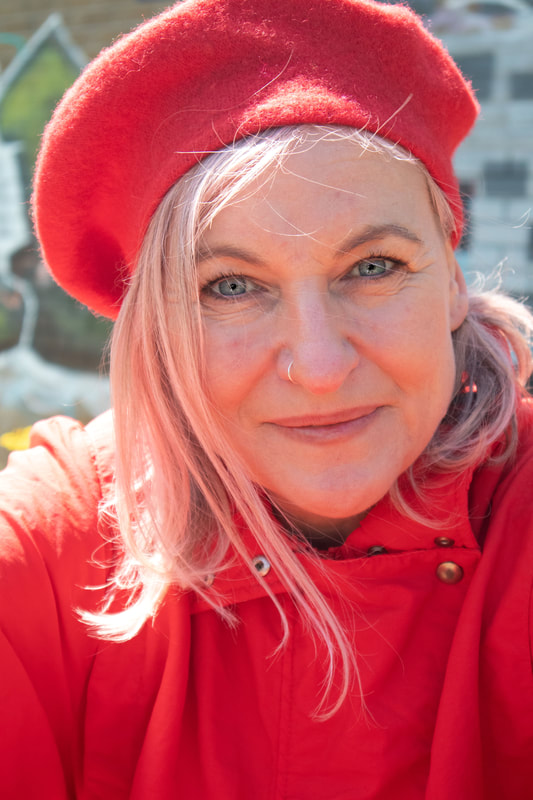Society of the Spectacle by Guy Dubord
The Clown as the Situationist
Much of my education as a performer and theatre maker comes from working on the street and is based on the dynamic relationship and playful conversation with the public. I resonate with the idea of the democracy of the street; a place “to reach people who are unfamiliar with theatre” (Mason 1992: 13)
But some activists see the streets as a site of psychological struggle in need of radical transformation. For it is here we experience the established order and the dominant ideology of consumerism and capitalism. It pervades all our public spaces, through shop fronts, advertising billboards, on buses. In French Marxist Philosopher and Sociologist Henri Lefevre’s critique of everyday life, the capitalist production mode produces a space that is specific to it.
In fact I had begun to notice a difference in the way street theatre was being experienced by audiences from about 2012; people would take observe us through the lens their camera on their phones, take a photo and then walk away, seeming to simply consume us as an image.
It was during my Masters Research exploring the meeting point of circus and protest that I came across the critique of French philosopher and Situationist Guy Dubord; ‘The Society of the Spectacle’ . Suddenly this phenomenon began to make sense.
In my research, “Small Circus Acts of Resistance” I was exploring the concept of spectacle; an event or scene regarded in terms of its visual impact, something presented that is extraordinary or noteworthy, and it is a term often associated with circus and an indicator of its appeal for audiences. The term, however, has also been appropriated to describe modern society’s domination by media, consumption and surveillance. “Modern capitalism upholds social control through the spectacle, the use of mass communications to turn us into consumers and passive spectators of our own lives, history and power” (Oswald 2018)
According to Debord modern society is lived through a series of spectacles, mediated images, in which social life declines from being, into having and then into merely appearing. “Everything that was directly lived has receded into a representation” (Society of the Spectacle 2018).
The spectacle, according to Debord, creates an inverted image of society in which relations between commodities replaces relations between people AND in this intensely mediated age of ubiquitous spectacles audiences can become neutralised spectators separated from the authentic, felt experience.
Debord proposed "to wake up the spectator who has been drugged by spectacular images...through radical action in the form of the construction of situations... situations that bring a revolutionary reordering of life, politics, and art" (Society of the Spectacle 2018). This was the political aim of the Situationists International, social revolutionaries made up of avant-garde artists, intellectuals, and political theorists
Situationists also offered the chance to free ourselves from the power of these images by creating moments characterised by "a sense of self-consciousness of existence within a particular environment or ambience" and situations that explored the union of play and freedom.
But some activists see the streets as a site of psychological struggle in need of radical transformation. For it is here we experience the established order and the dominant ideology of consumerism and capitalism. It pervades all our public spaces, through shop fronts, advertising billboards, on buses. In French Marxist Philosopher and Sociologist Henri Lefevre’s critique of everyday life, the capitalist production mode produces a space that is specific to it.
In fact I had begun to notice a difference in the way street theatre was being experienced by audiences from about 2012; people would take observe us through the lens their camera on their phones, take a photo and then walk away, seeming to simply consume us as an image.
It was during my Masters Research exploring the meeting point of circus and protest that I came across the critique of French philosopher and Situationist Guy Dubord; ‘The Society of the Spectacle’ . Suddenly this phenomenon began to make sense.
In my research, “Small Circus Acts of Resistance” I was exploring the concept of spectacle; an event or scene regarded in terms of its visual impact, something presented that is extraordinary or noteworthy, and it is a term often associated with circus and an indicator of its appeal for audiences. The term, however, has also been appropriated to describe modern society’s domination by media, consumption and surveillance. “Modern capitalism upholds social control through the spectacle, the use of mass communications to turn us into consumers and passive spectators of our own lives, history and power” (Oswald 2018)
According to Debord modern society is lived through a series of spectacles, mediated images, in which social life declines from being, into having and then into merely appearing. “Everything that was directly lived has receded into a representation” (Society of the Spectacle 2018).
The spectacle, according to Debord, creates an inverted image of society in which relations between commodities replaces relations between people AND in this intensely mediated age of ubiquitous spectacles audiences can become neutralised spectators separated from the authentic, felt experience.
Debord proposed "to wake up the spectator who has been drugged by spectacular images...through radical action in the form of the construction of situations... situations that bring a revolutionary reordering of life, politics, and art" (Society of the Spectacle 2018). This was the political aim of the Situationists International, social revolutionaries made up of avant-garde artists, intellectuals, and political theorists
Situationists also offered the chance to free ourselves from the power of these images by creating moments characterised by "a sense of self-consciousness of existence within a particular environment or ambience" and situations that explored the union of play and freedom.
I saw the audience on this at two poles. On one side the spectacle is visual, extraordinary and elicits a felt response, perhaps an intake of breath. At the other it is a spectacle vying for our attention amongst barrage of other images to be consumed, collected and then represented. In this view however, the spectator remains passive at both ends.
I was concerned with the audience’s increasing passivity so wanted to explore how the clown could subvert the passivity of the spectacle. In playful experiments, I focussed on three modes of play:
In each of these modes the clown also liberates the spectators from the dominant narratives and modes of that space while its disruption might leave an imprint; “a memory for those audiences who experienced it” (Haedicke 2013:1)
I was concerned with the audience’s increasing passivity so wanted to explore how the clown could subvert the passivity of the spectacle. In playful experiments, I focussed on three modes of play:
- Through mirroring the clown becomes the Situationist, eliciting moments of self-conscious awareness amongst their audience
- Through parody, the clown is able to mock, poke fun at and highlight the absurdity of authority, diminishing its power
- Through playing games, the clown creates a spectacle without spectators, encouraging participation and authentic, lived and felt interactions with the public,
In each of these modes the clown also liberates the spectators from the dominant narratives and modes of that space while its disruption might leave an imprint; “a memory for those audiences who experienced it” (Haedicke 2013:1)
Reference list
Busquet, G (2013) Political Space in the Work of Henri Lefebvre: Ideology and Utopia. Translation by Moren, S [online] Available at: http://www.jssj.org (Accessed 7 Sep.2018)
Haedicke, S (2013) Contemporary street arts in Europe: Aesthetics and Politics. Basingstoke: Palgrave Macmillan
Mason, B (1992) Street Theatre and Other Outdoor Performance, London: Routledge
Society of the Spectacle (2018) https://en.wikipedia.org/wiki/The_Society_of_the_Spectacle [Accessed 12 Sep.2018]
Busquet, G (2013) Political Space in the Work of Henri Lefebvre: Ideology and Utopia. Translation by Moren, S [online] Available at: http://www.jssj.org (Accessed 7 Sep.2018)
Haedicke, S (2013) Contemporary street arts in Europe: Aesthetics and Politics. Basingstoke: Palgrave Macmillan
Mason, B (1992) Street Theatre and Other Outdoor Performance, London: Routledge
Society of the Spectacle (2018) https://en.wikipedia.org/wiki/The_Society_of_the_Spectacle [Accessed 12 Sep.2018]



